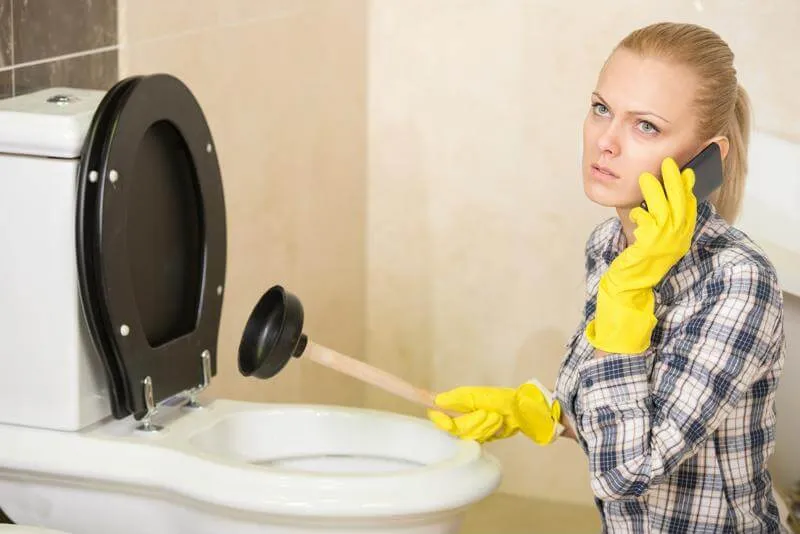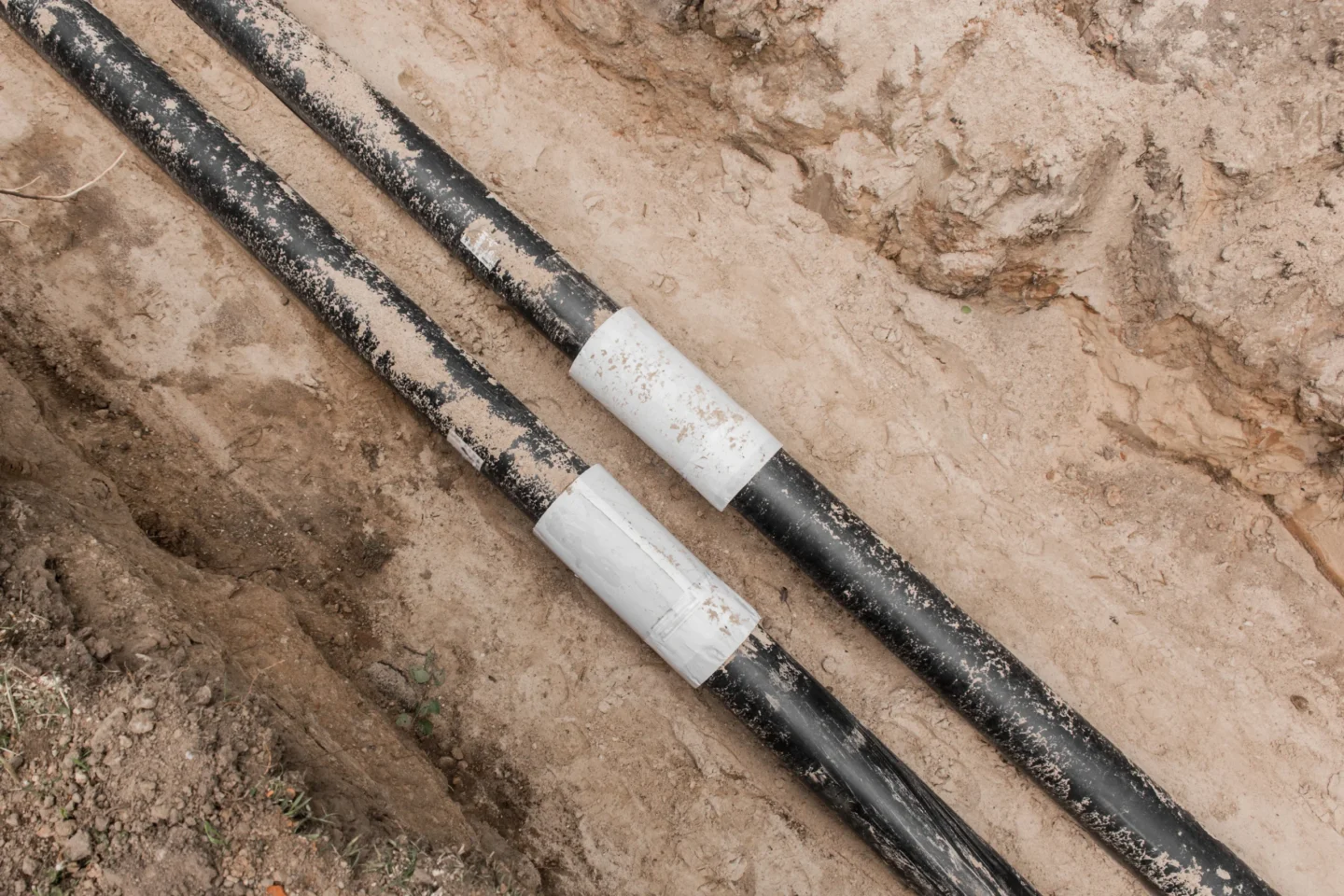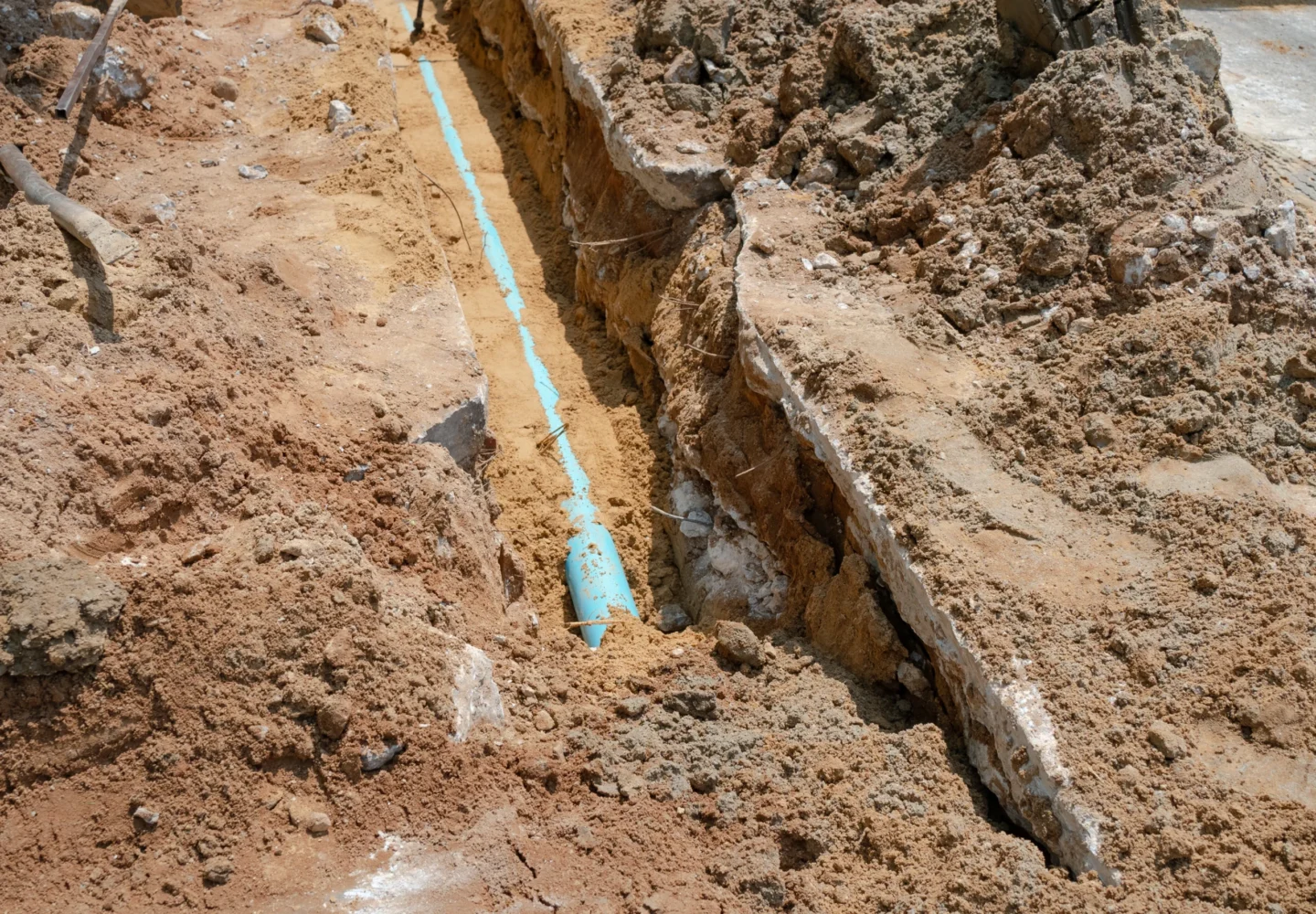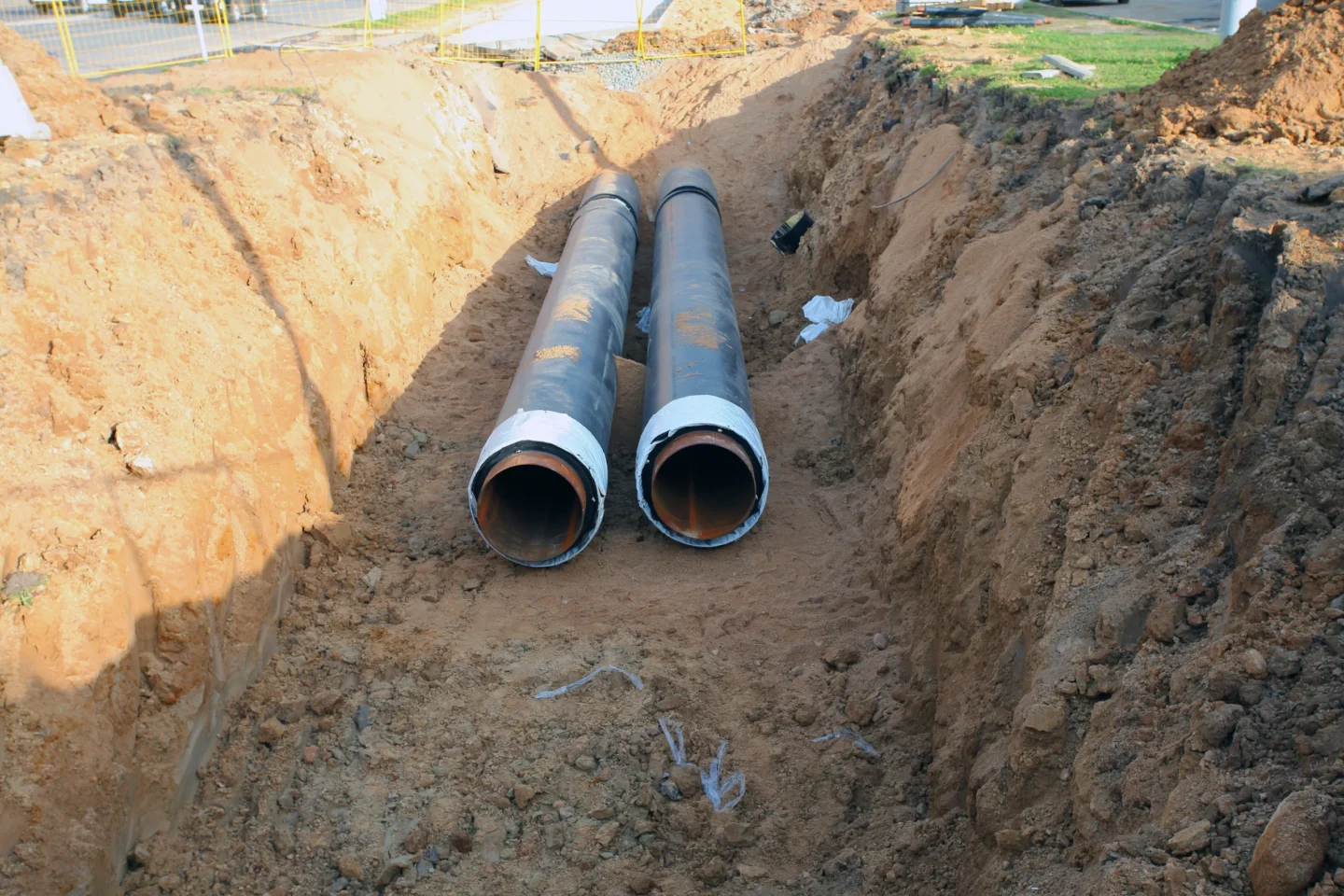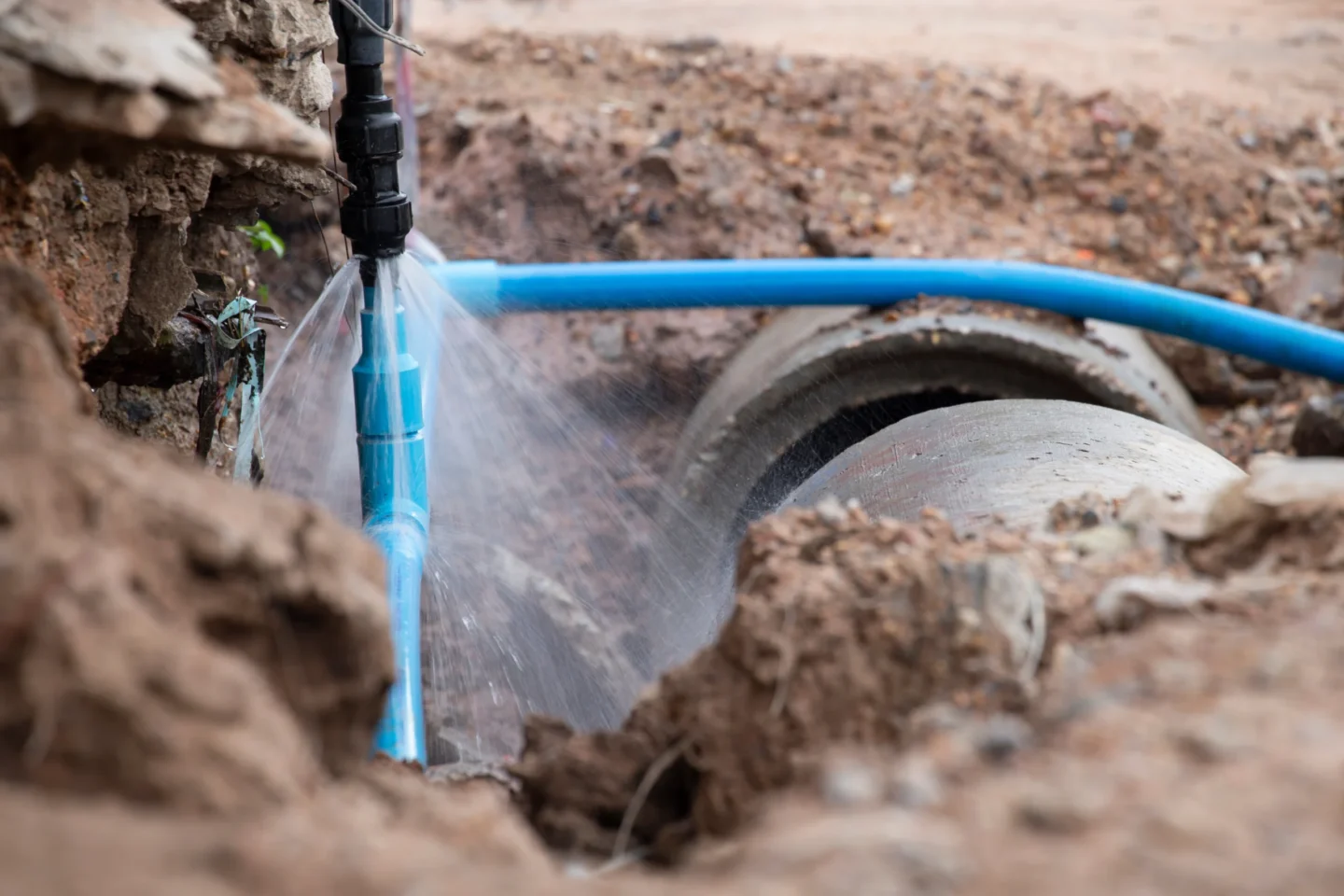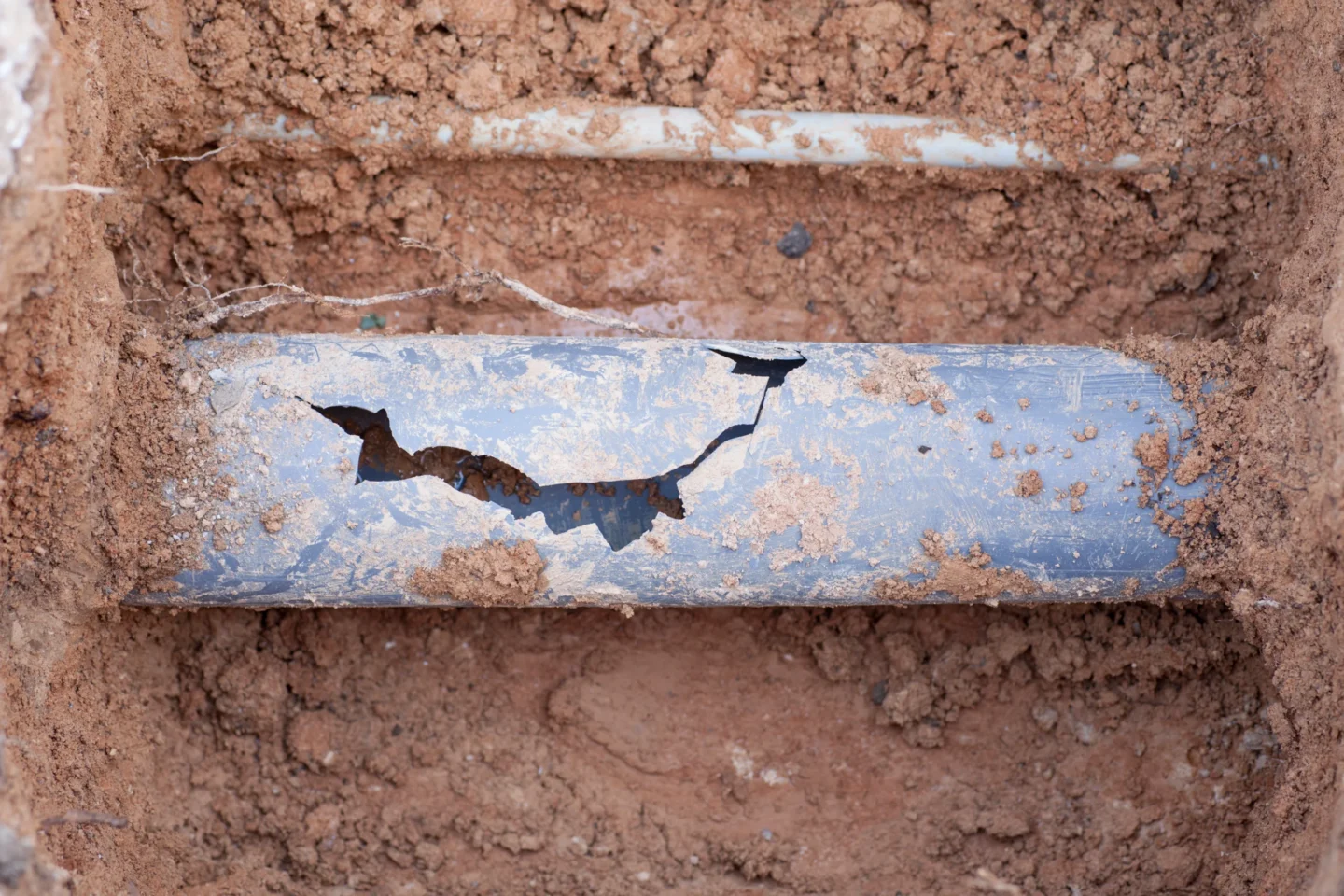Use these tips to increase your system’s longevity!
When it comes to homeownership, it seems like something is always breaking. Whether it’s a burst pipe or a broken toilet, it could be cheap to fix a plumbing problem, or it could cost you thousands. With this in mind, it’s important to take the best possible care of your system to ensure it lasts as long as possible and you avoid any costly repairs. However, it can be difficult to avoid these problems when you don’t know what’s wrong in the first place. Here are a few plumbing maintenance tips you can use to take great care of your system and avoid the high costs of major plumbing repairs.
Tips #1: Don’t ignore small problems
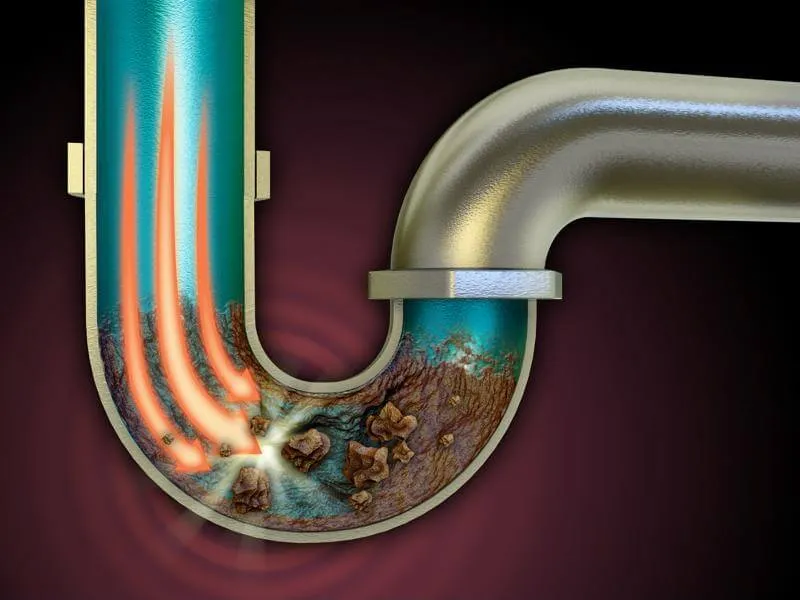
It may only seem like a few drops of water, but that leaking faucet of yours could end up hiking up your water bill by hundreds of dollars. Don’t ignore these small problems – address them immediately to minimize the strain they put on your plumbing system.
Tip #2: Trust a local professional
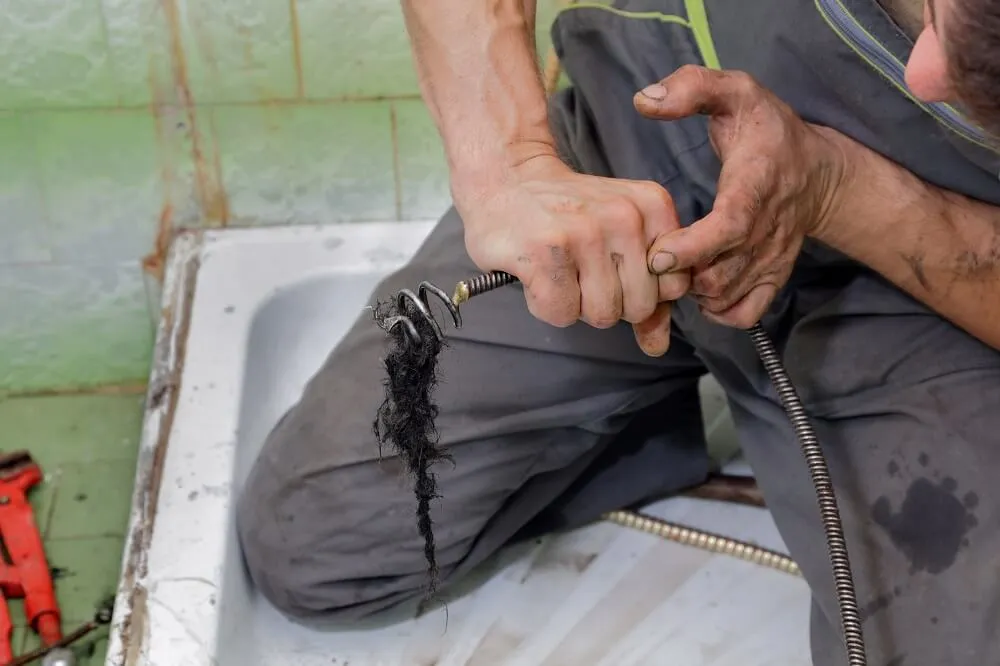
When it comes to matters of plumbing, it’s best to trust a local plumber that serves your community. This helps ensure you’re getting quality, code-compliant work that truly solves your problems. Additionally, you can avoid large companies that push you into repairs you don’t need!
Tip #3: Avoid down-the-drain no-nos
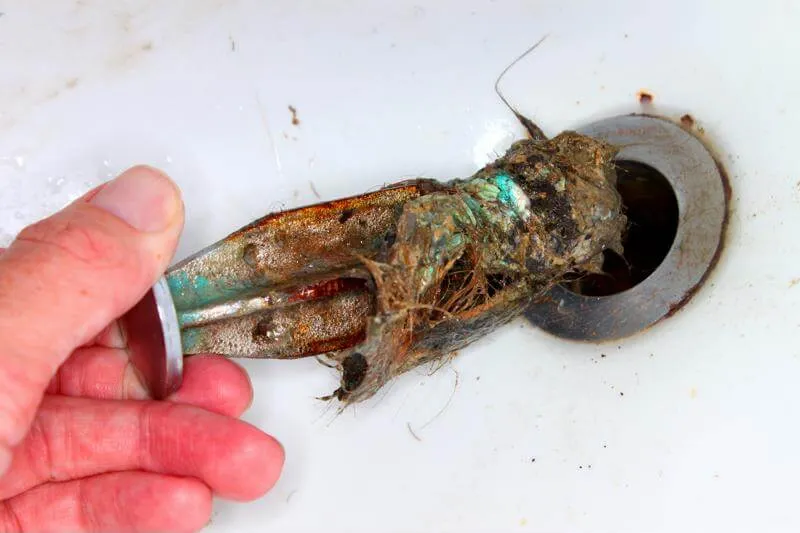
The drain in your kitchen sink isn’t this magical place where all your waste just disappears. It’s actually only for water, and putting anything but water down there could cause clogs and major plumbing problems. Hint: even if you have a garbage disposal, it’s not smart to put waste down the drain – that could even make it worse!
Tip #4: Get regular inspections
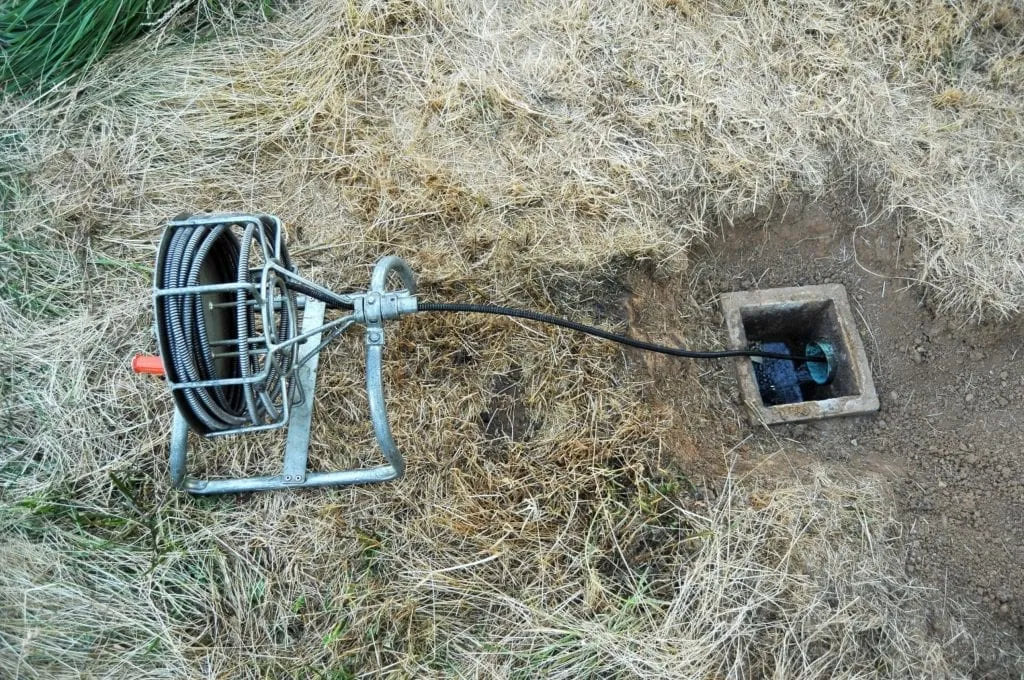
The only thing that can truly determine the soundness of your plumbing system is an inspection of your sewer or water lines by a local plumber. They’ll know warning signs to look for and easy repairs to make that can extend the life of your plumbing system or even prevent future problems.
Tip #5: Don’t DIY
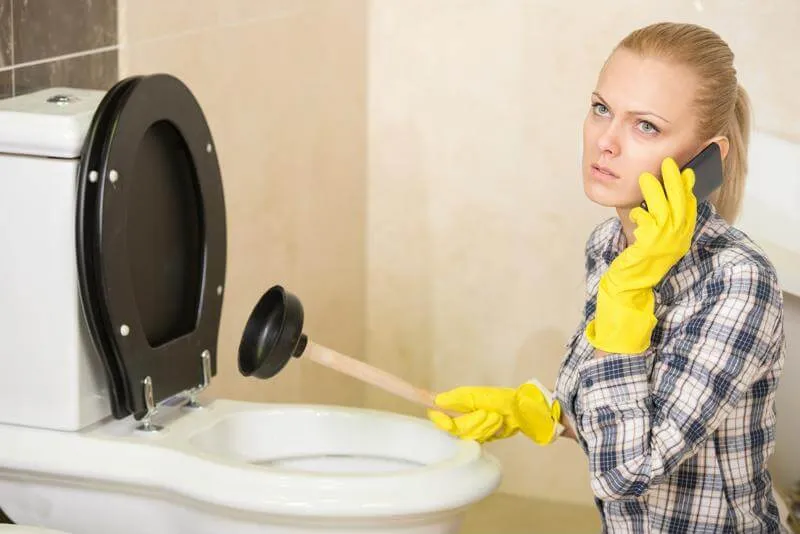
You may be very capable of doing plumbing repairs by yourself. However, you don’t have the professional knowledge, and you’re not covered by contractors’ insurance, which means you’ll be on the hook for any damage you do!



